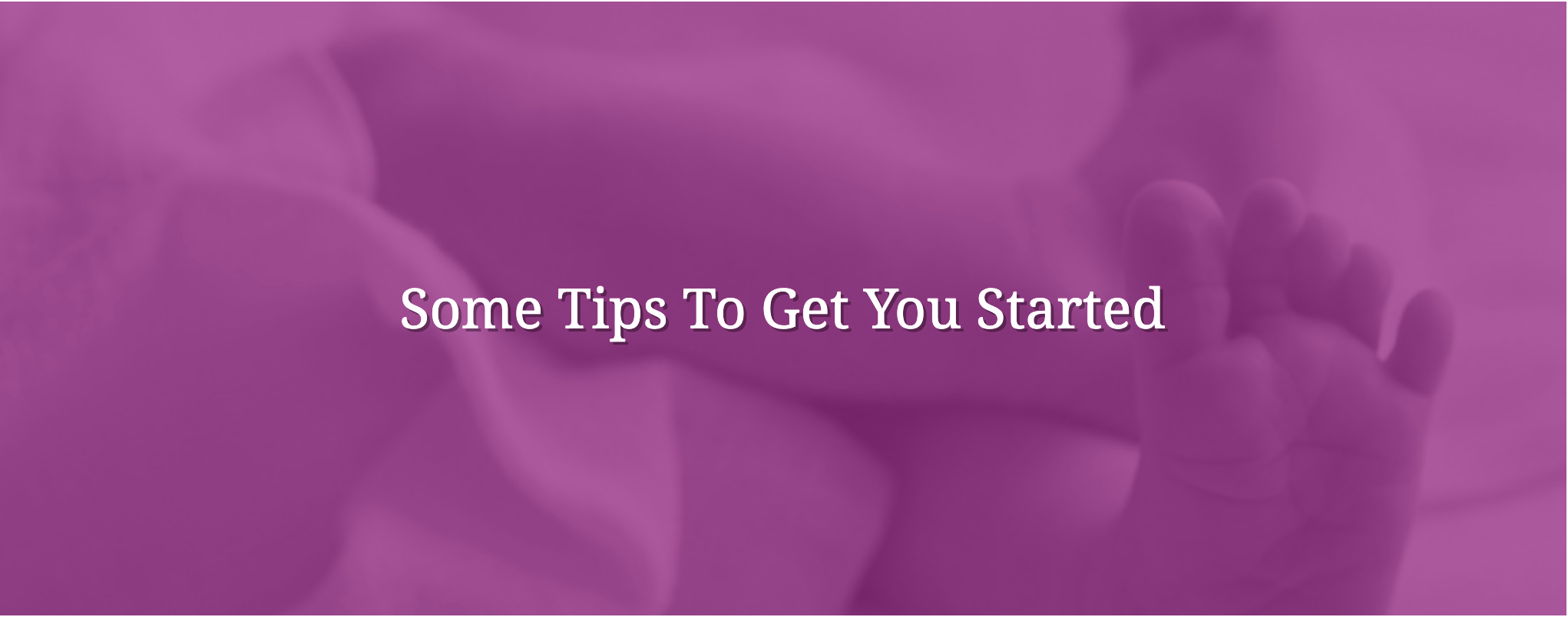What You Can Do For Your Baby
If your baby has been born too soon, the developmental processes that would normally take place inside the womb have been interrupted or altered. The Neonatal Unit (NNU) has replaced the womb at a time of rapid physical growth and neurological sensory development. The care your baby receives in the NNU, along with the physical environment of the NNU, aims to support their growth and development. This is referred to as ‘Developmental Care’
Developmental care tries to replicate the normal developmental environment, i.e. the inside of the womb, but also acknowledges your baby as a person with their own unique personality and behavioural cues. This is individualised developmental care. This care recognises that you, the parents, are the most important people in providing their baby’s care. Your knowledge of developmental care will promote the best parent-infant interactions, help your baby to grow and develop, and assist in the successful transition between hospital and home. The medical team is more than happy to support you gaining confidence in caring for your baby.
This section will explain just how important you are in your baby’s care and how you can get involved in it. Your participation will involve skin-to-skin contact, i.e. ‘comfort holding’ and ‘kangaroo care’, as well as understanding your baby’s behavioural cues. It’ll also give you more understanding of the NNU environment, such as noise, light, sleep, etc.

- The quiet-alert state is the optimal time to introduce visual stimulation to your baby.
- Your baby’s nurse will help you to recognise your baby’s responses to stimuli such as noise and light – this will help you be more responsive to your baby’s needs and adapt their caregiving appropriately. When your baby begins to tolerate sensory stimuli, like light and sound, without compromise, you can provide low recordings of you talking, if you wish. Talk to your baby’s nurse before introducing the recording to your baby, they will help!
- By watching your baby, you can learn to recognise important behavioural cues and learn how to respond. The nurse will help you to learn these cues.
- The medical team understands that the environment of the NNU can be frightening and stressful for parents. The alarms of the equipment supporting, or near, your baby can be a source of stress. The nurses will explain the various alarms so you won’t panic when you hear them.
- Once your baby is medically stable, you’ll be encouraged to start handling your baby, to give skin-to-skin care, and start ‘social sucking’ either at the breast or with a dummy/soother.

